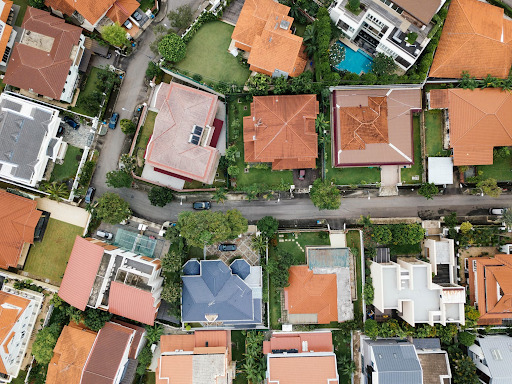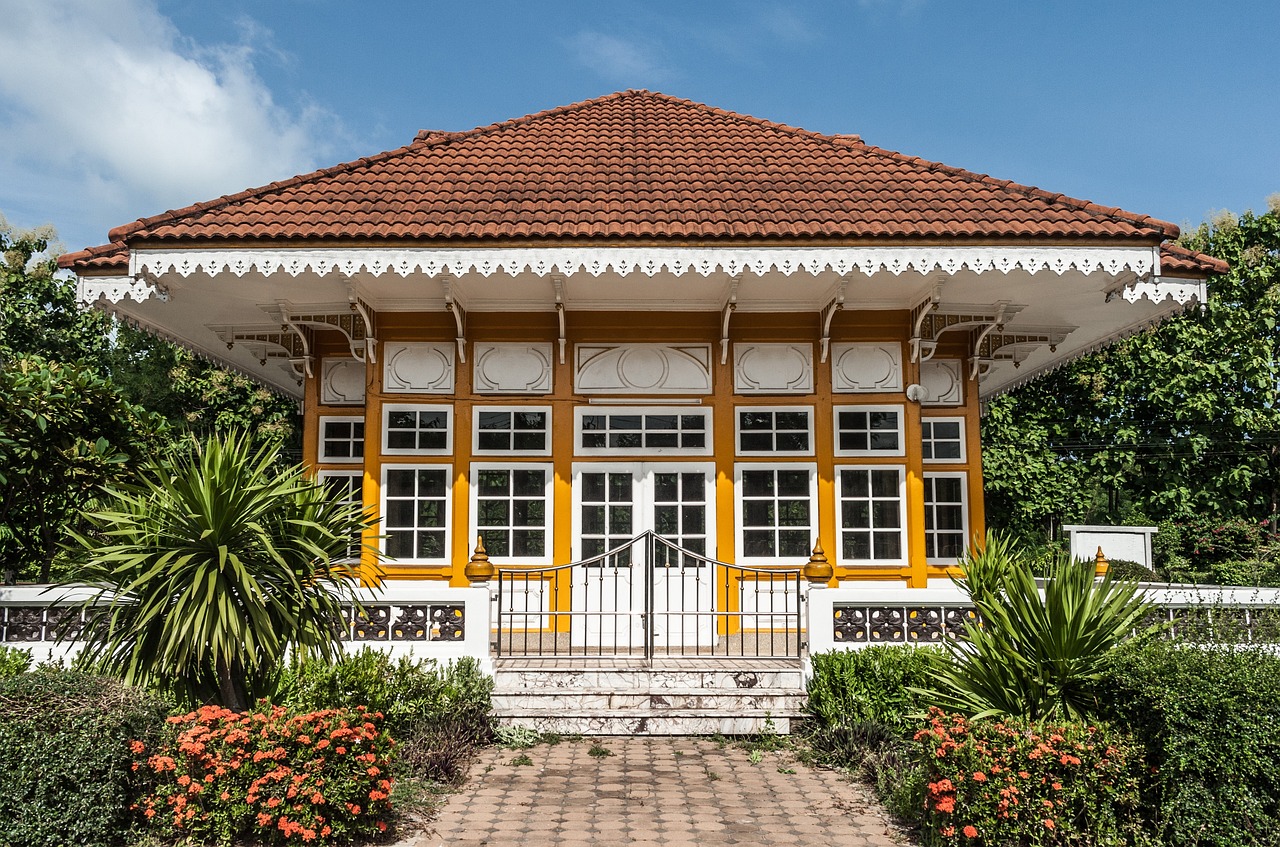So, you’ve got the itch for more real estate in Singapore. The first property was a success, and now you’re thinking about getting your hands on a second one. Maybe it’s an investment property, maybe it’s a bigger place for your growing family—either way, you’re ready to pull the trigger.
But before you start planning for the interior design or the move-in date, there’s one pesky little thing you need to think about: ABSD (Additional Buyer’s Stamp Duty). If you’re not careful, ABSD can eat into your wallet faster than you can say “property market.”
Don’t worry. We’ve got your back. In this post, we’re going to walk you through everything you need to know about ABSD when buying a second property in Singapore—and how you can navigate it like a pro without letting it ruin your real estate dreams.
Table of Contents
1. So, What Exactly Is ABSD and Why Does It Matter?
Let’s start with the basics: ABSD is a tax that the government levies on property buyers, over and above the usual stamp duties. It’s essentially a way to cool down the property market and manage demand. Sounds nice in theory, but when you’re buying your second property in Singapore, it can be a real wallet-buster.
Here’s the breakdown:
- Singapore Citizens buying their second property: 12% ABSD
- Singapore Permanent Residents (PRs) buying their second property: 15% ABSD
- Foreigners buying any property: 20% ABSD
ABSD applies to any additional property you purchase. So, if you’ve already got one property and decide to buy a second one, you’re going to be hit with a hefty 12% tax (as a Singapore citizen). Ouch, right?
And, as if that wasn’t bad enough, ABSD is calculated based on the purchase price or market value of the property—whichever is higher. Translation: you’ll be paying a pretty penny for the privilege of owning a second property.
Now that we know what ABSD is, let’s dive into how to navigate it when buying that second property.
2. The Key Ways to Legally Avoid ABSD
Option 1: Decouple Your Property Ownership
Here’s the secret sauce to avoiding ABSD: decoupling your property. You know that house you co-own with your spouse? You can transfer ownership of one of the properties to them. This is a legal move that allows you to split ownership between you and your spouse, which means only one of you will be subjected to ABSD when buying that second property.
For example, if you’re the one who is looking to buy the second property, decoupling allows your spouse to retain ownership of the first property, and only your purchase will be subjected to the tax.
This clever move frees up one of you from paying ABSD, but it’s not always simple. You’ll need to consult with legal and financial advisors to make sure the process is done correctly. But when executed properly, decoupling can save you big bucks.
Option 2: Buy Through a Company
This is another route you can explore. If you’re investing in multiple properties and have a company set up, buying the property through a company can allow you to avoid ABSD. When a property is purchased through a company, ABSD is generally not levied on the transaction. The property is owned by the company, not you personally.
But—and there’s always a “but”—this is not the easiest or cheapest option. You’ll need to ensure the company is legally established in Singapore, and you’ll likely have additional costs associated with maintaining the company. This means more paperwork, possible legal fees, and administrative responsibilities. However, if you’re looking at property as part of a business venture, this could be a smart move.
Option 3: Buy an Approved Residential Property
Here’s a life hack for non-Singaporeans or Permanent Residents (PRs): You might be able to bypass ABSD by purchasing an approved residential property. What’s an approved property, you ask? These are generally high-rise condominiums and apartments that are open to foreign buyers.
Foreigners can buy these properties without paying ABSD (but don’t even think about landed properties—they’re a whole different ball game). The Singapore government has specific rules and lists of residential projects that are eligible for foreign ownership, so make sure you’re buying from an approved development.
If you’re considering buying a second property as a foreigner or PR, this strategy could save you thousands in taxes, but remember: this only works for certain property types. Always check with the Urban Redevelopment Authority (URA) for a full list of approved properties before making your move.
Option 4: Invest in a New Build or Under Construction Property
This strategy applies primarily to foreign buyers, as it allows them to avoid ABSD when purchasing a new property or under construction property. The idea here is simple: new builds may not be subject to the same ABSD regulations if they’re part of a government scheme or under specific guidelines.
However, it’s important to note that this option is still subject to rules and criteria imposed by the government. It’s not a “free pass” to avoid ABSD for every new property on the market, so always verify with the developer or relevant authorities before you jump in.
Option 5: Wait for Potential Changes in Government Policy
Here’s where the waiting game comes into play. While this isn’t an immediate strategy, property market policies are always subject to change. The Singapore government regularly adjusts property taxes and related regulations to maintain market balance and prevent overheating.
If you’ve got a bit of time on your side and want to wait for potential ABSD reforms, it could be worth sitting tight and watching for policy shifts. But again, this is speculative and risky—you’re putting your property dreams on pause in the hope of future changes. If you’re in no rush, though, it could work out well.
3. The Impact of ABSD on Your Finances: Is It Worth It?
Now that we know how to avoid ABSD, let’s take a step back and ask the real question: Is buying a second property in Singapore worth it, even with ABSD?
If you’re considering property as a long-term investment, it might absolutely be worth the extra costs. Singapore’s real estate market is known for its stability and long-term value growth. By purchasing a second property, you’re building wealth that could appreciate over time, especially in areas with high rental yields.
However, if you’re not planning on holding the property for long, the upfront costs (including ABSD) might outweigh the benefits. It’s crucial to have a clear strategy when it comes to second-property ownership. Will you rent it out? Flip it? Or use it as a vacation home? Each scenario requires careful financial planning to make sure the investment pays off in the long run.
Final Thoughts: Navigating ABSD Like a Pro
ABSD doesn’t have to stand in the way of your second property dreams. With a bit of planning and the right strategy, you can avoid ABSD and still get your hands on that coveted second property. Whether you go the decoupling route, buy through a company, or choose an approved residential property, there are legal avenues that can save you thousands.
Just remember: always do your due diligence, consult the experts, and ensure that you’re following all necessary regulations. Property investment can be a great way to build wealth, but it’s important to be strategic—especially when dealing with taxes like ABSD.
Ready to dive into the world of second-property ownership? With the right knowledge and approach, you can start your next property investment journey without paying more than you need to. Now, that’s a win!





